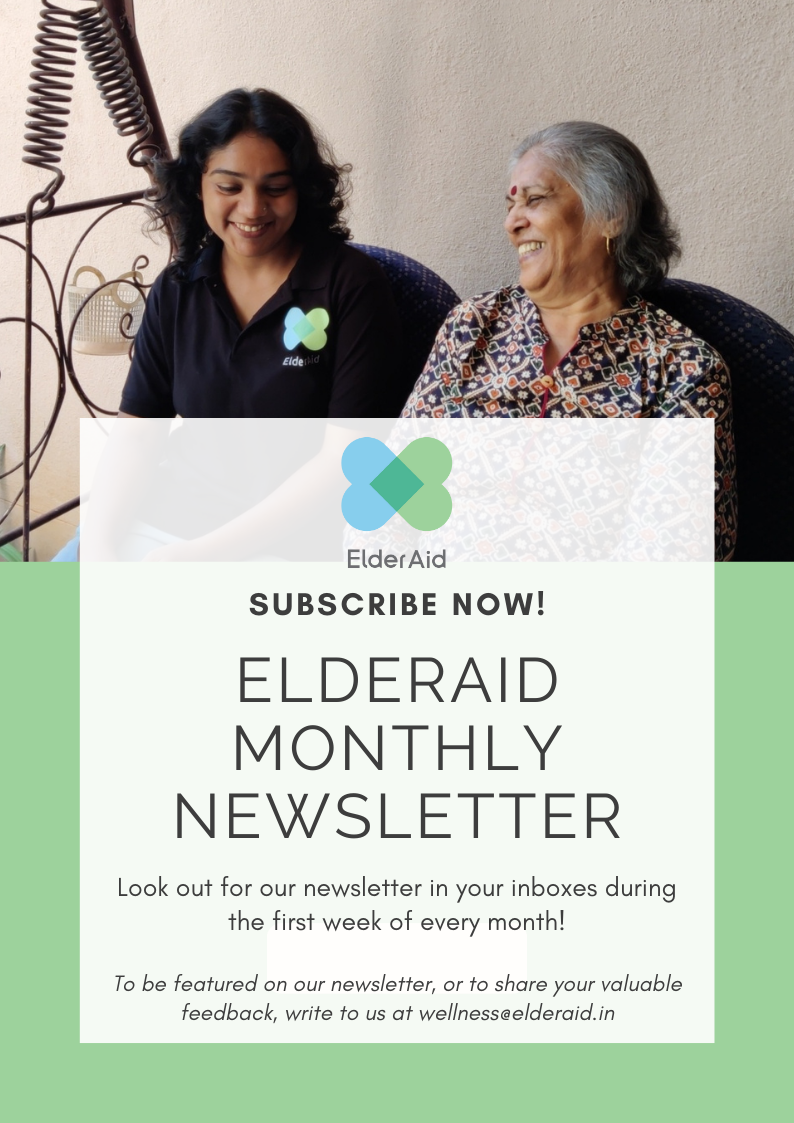Article
Stroke in Seniors: Understanding, Prevention and Care
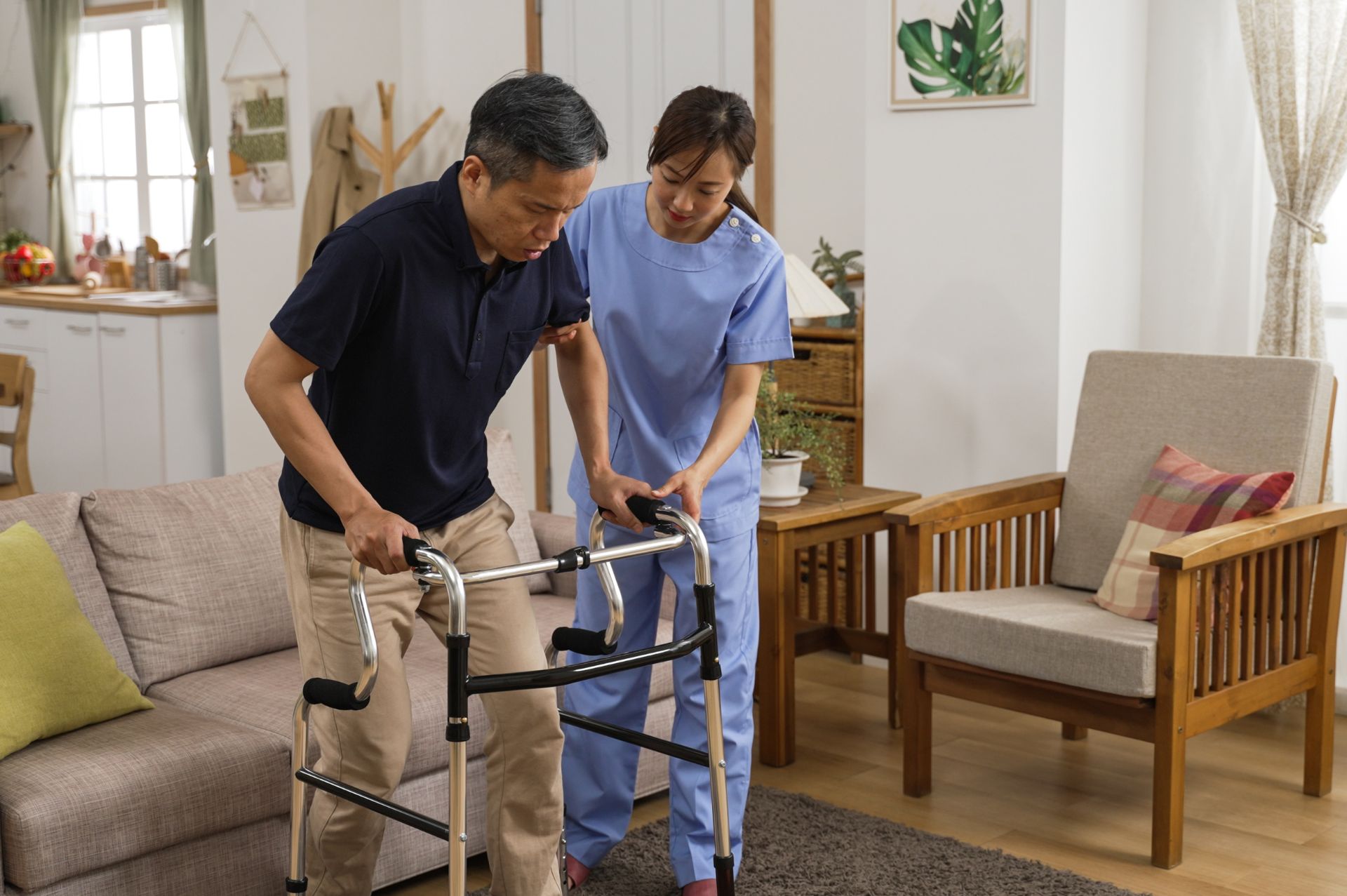
Health
As we age, the risk of various health conditions increases, and one of the most concerning among them is a stroke. Strokes are a leading cause of death among seniors, making it crucial for both older individuals and their caregivers to understand the risk factors, warning signs and preventive measures associated with this condition. In this article, we will delve into the specifics of strokes in seniors, with a focus on awareness, prevention and the importance of timely care.
The Aging Population and Strokes
The senior population is growing rapidly in many parts of the world, which means that strokes in older individuals is becoming an even more significant health concern. Strokes can have severe consequences, affecting not only the individual's health but also their overall quality of life.
Common Risk Factors in Seniors
Several factors contribute to the higher risk of strokes in older adults. Some of them are:
1. Hypertension: High blood pressure is a major risk factor for strokes, and it becomes more prevalent with age. Regular blood pressure monitoring and management are essential.
2. Atrial Fibrillation: Irregular heart rhythms, such as atrial fibrillation, can lead to the formation of blood clots. Seniors should be vigilant about heart health.
3. Diabetes: Seniors with diabetes are at an increased risk of strokes, so it's crucial to manage blood sugar levels effectively.
4. High Cholesterol: Elevated cholesterol levels can contribute to the development of plaque in the arteries, increasing the risk of blockages.
5. Sedentary Lifestyle: Inactivity can lead to weight gain and poor cardiovascular health. Encouraging regular physical activity is essential.
Recognizing Stroke Symptoms
Early recognition of stroke symptoms is vital for prompt medical attention. Seniors and their caregivers should be aware of the following signs:
1. Numbness or weakness, especially on one side of the body.
2. Trouble speaking or understanding speech.
3. Sudden, severe headaches with no known cause.
4. Sudden difficulty with vision in one or both eyes.
5. Trouble walking, loss of balance or lack of coordination.
The acronym FAST (Face, Arms, Speech, Time) is a helpful tool for identifying stroke symptoms and taking immediate action. If any of the warning signs are present, seek emergency medical care without delay.
Preventing Strokes in Seniors
Preventing strokes in seniors involves a combination of healthy lifestyle choices and effective management of risk factors:
1. Medication Management: Seniors should adhere to their prescribed medications for conditions like high blood pressure, diabetes and atrial fibrillation.
2. Balanced Diet: Healthy fruits, vegetables and lean proteins can help to promote a balanced diet.
3. Regular Exercise: Engaging in physical activity, even light exercise, can promote better cardiovascular health and reduce the risk of strokes.
4. Quitting Smoking: Quitting smoking is one of the most effective ways to lower stroke risk.
5. Limiting Alcohol Consumption: Limiting alcohol intake can help to maintain good health.
6. Regular Check-ups: Seniors should have routine medical check-ups to monitor and manage risk factors.
Final Takeaways
Stroke is a serious health issue that affects a significant number of seniors. Understanding the risk factors, recognising symptoms, and taking proactive steps toward prevention are essential for maintaining the health and well-being of older individuals. Caregivers, family members and seniors themselves should work together to ensure that the elderly are well-informed and receive the necessary support to reduce the risk of a stroke and enjoy a healthy and active life in their later years.
Related Resources
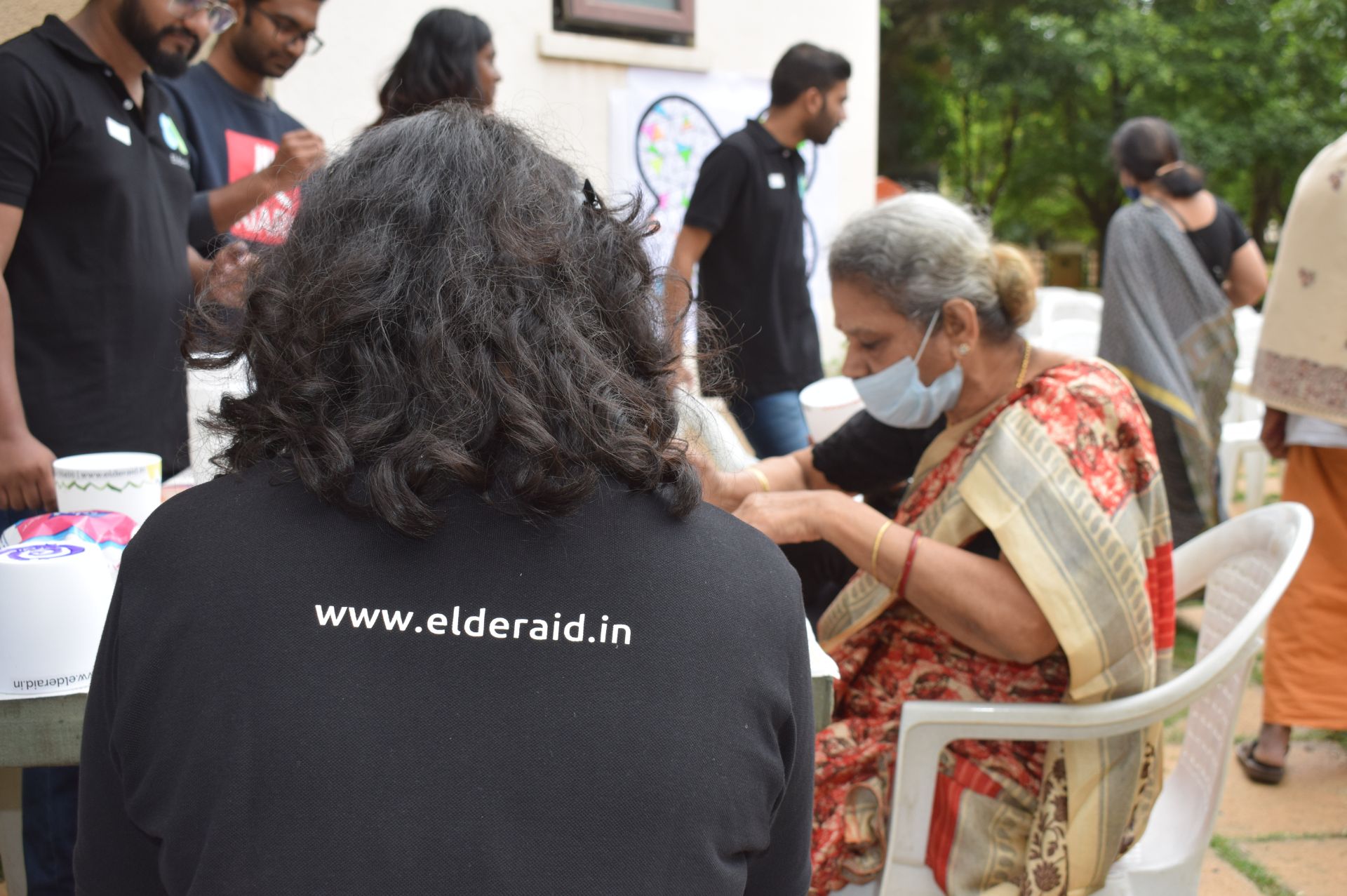
Article
Health
Having Fun Is Key!

Article
Health
Dementia and Creative Therapy
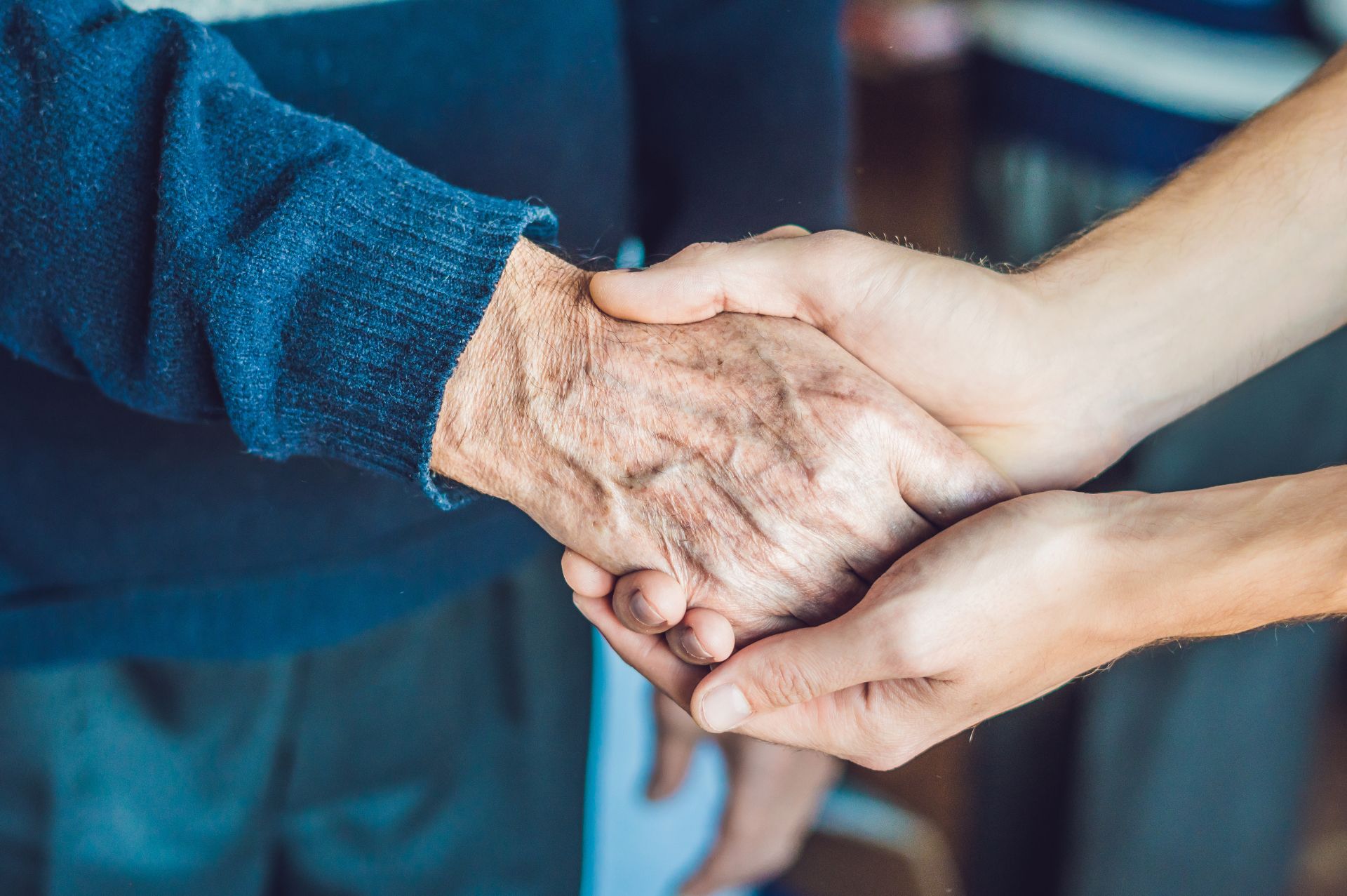
Article
Health
Dimensions of Wellness
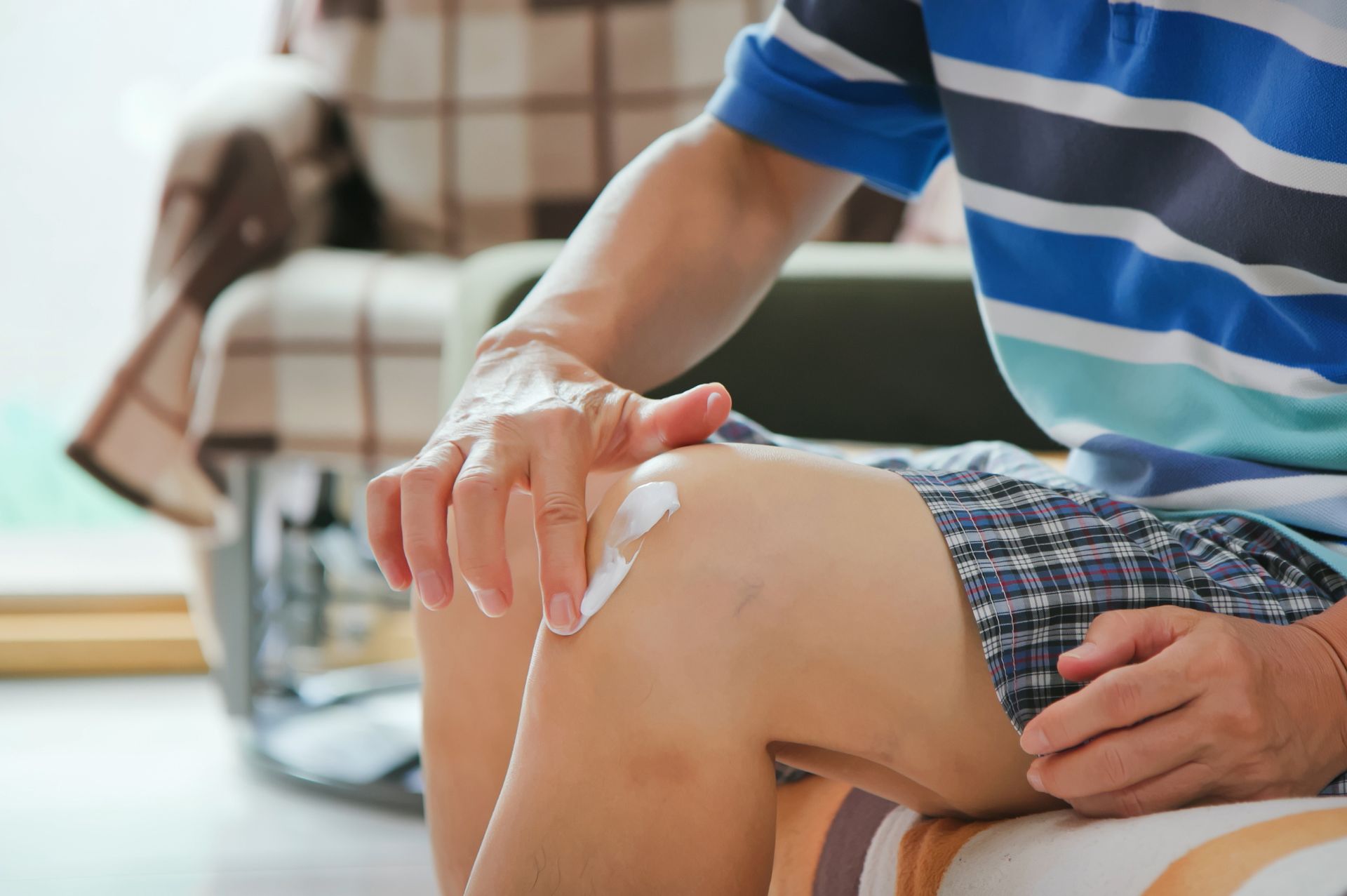
Article
Health
Managing Chronic Pain in Seniors: Strategies to Ease Pain
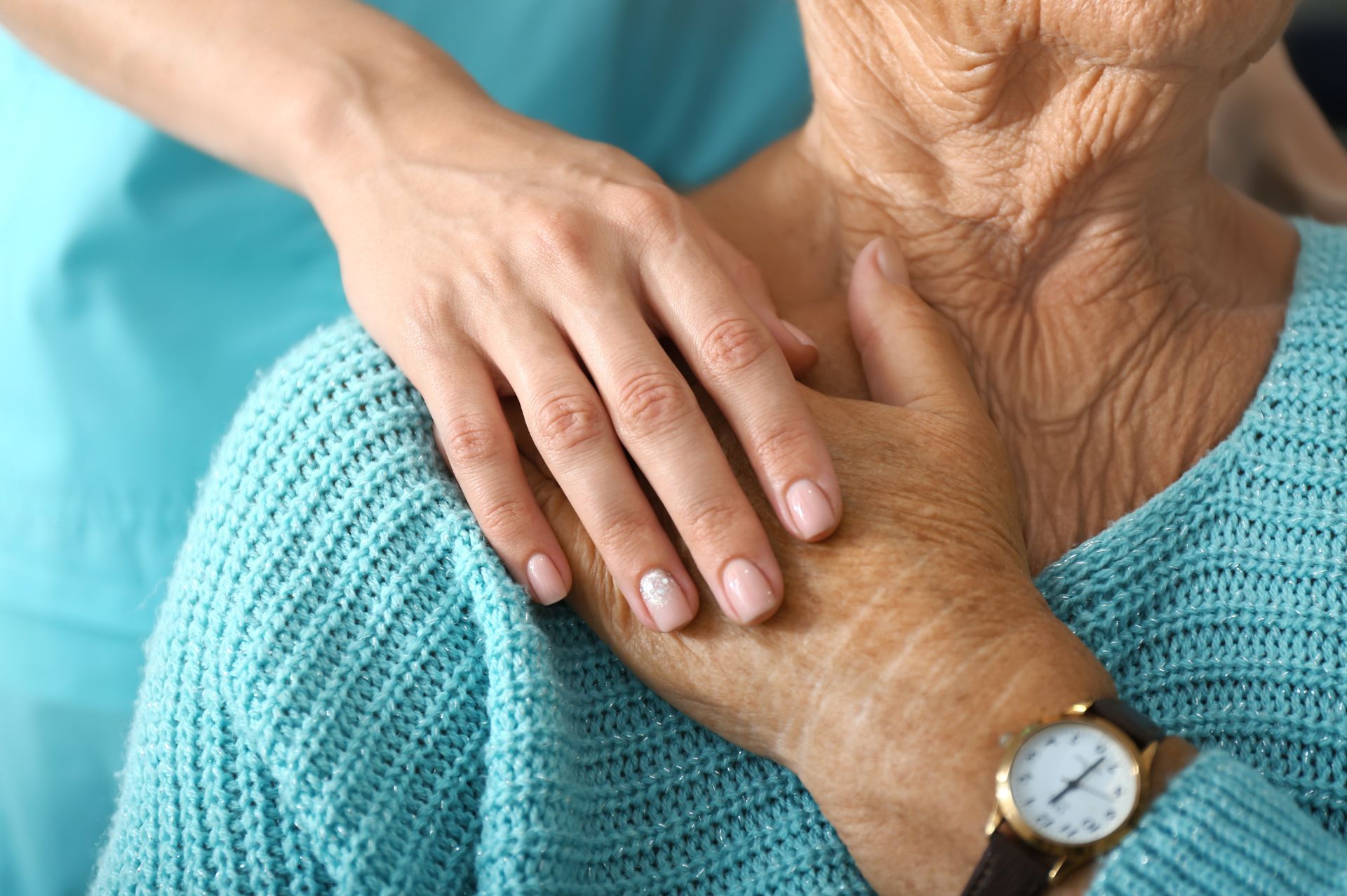
Article
Health
Promoting Mental Health and Well-Being in Seniors: A Guide
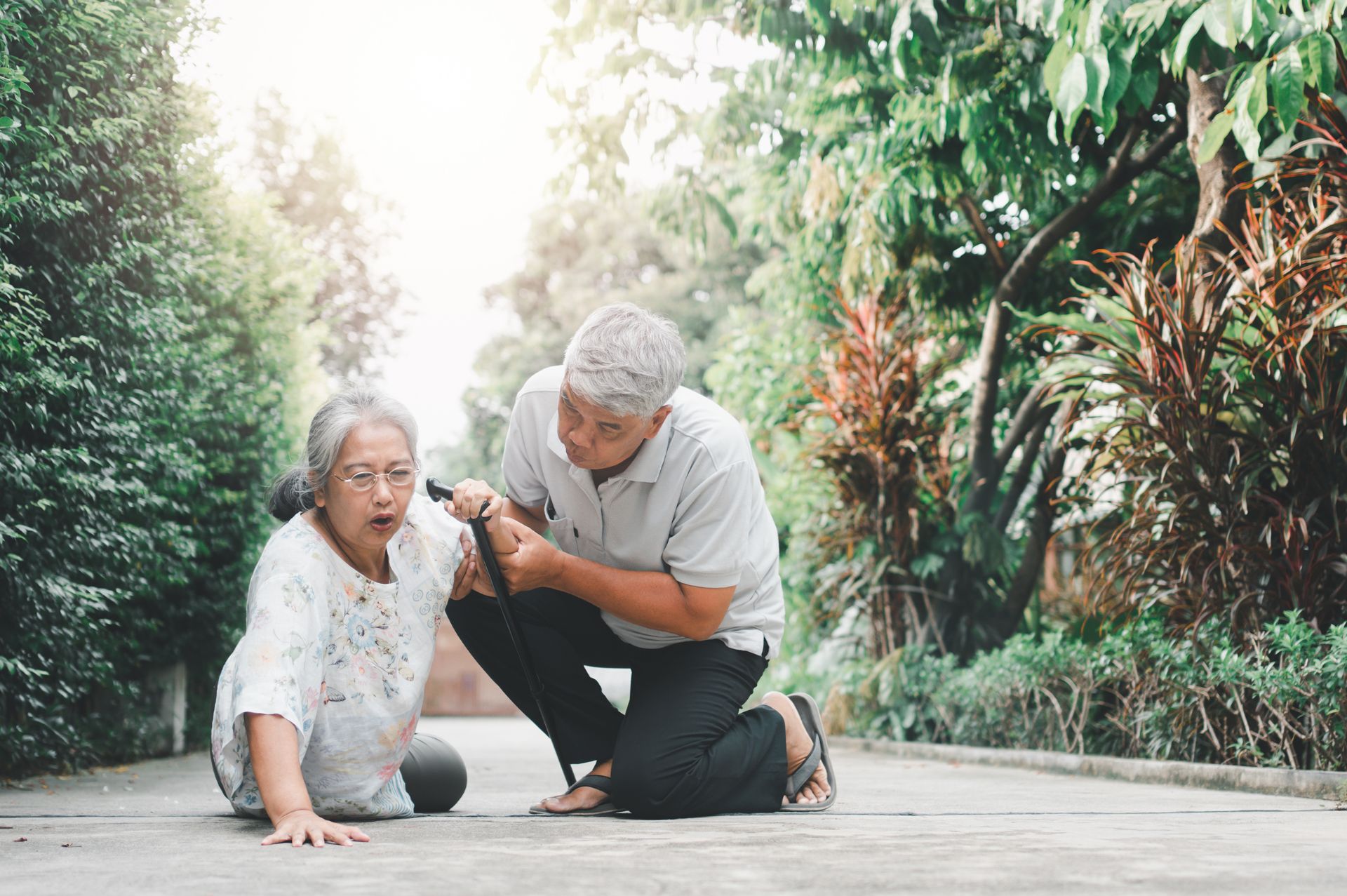
Article
Health
Fall Risk in Seniors: Understanding, Preventing and Managing

Article
Health
Dementia Care: The Promise of Artificial Intelligence
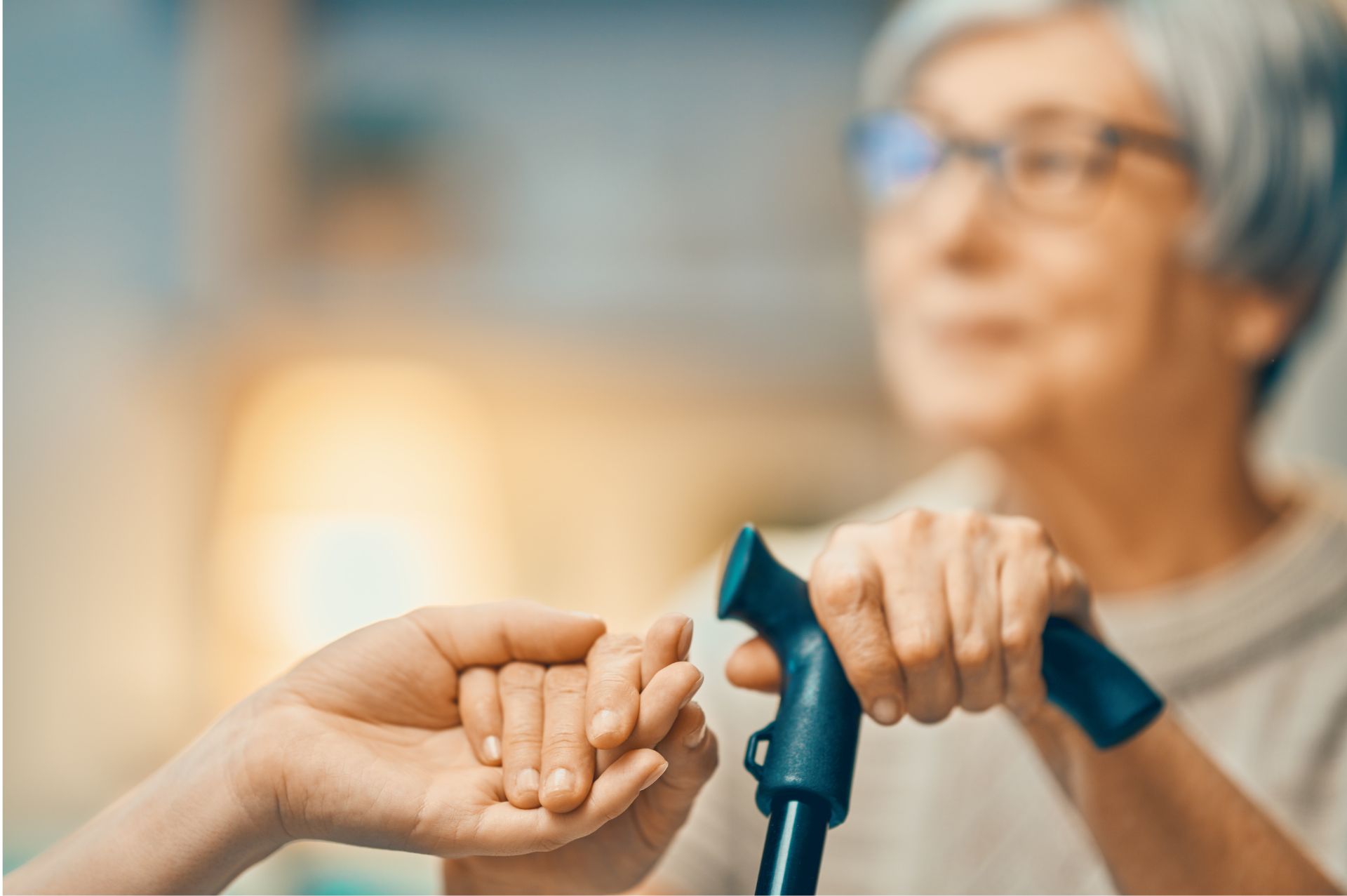
Article
Health
Living Well with Dementia: A Guide for Caregivers

Article
Health
The Latest Advances in Dementia Research

Article
Health
10 Ways to Reduce the Chances of Getting Dementia

Article
Health
Dementia Care: A Comprehensive Guide for Families

Article
Health
Adapting Your Diet With Age: Factors to Consider

Video
- 0-15
- min
Health
Blood Pressure as we age: What is a healthy target?

Article
- 0-15
- min
Health
What is the relationship between Diabetes & Dementia
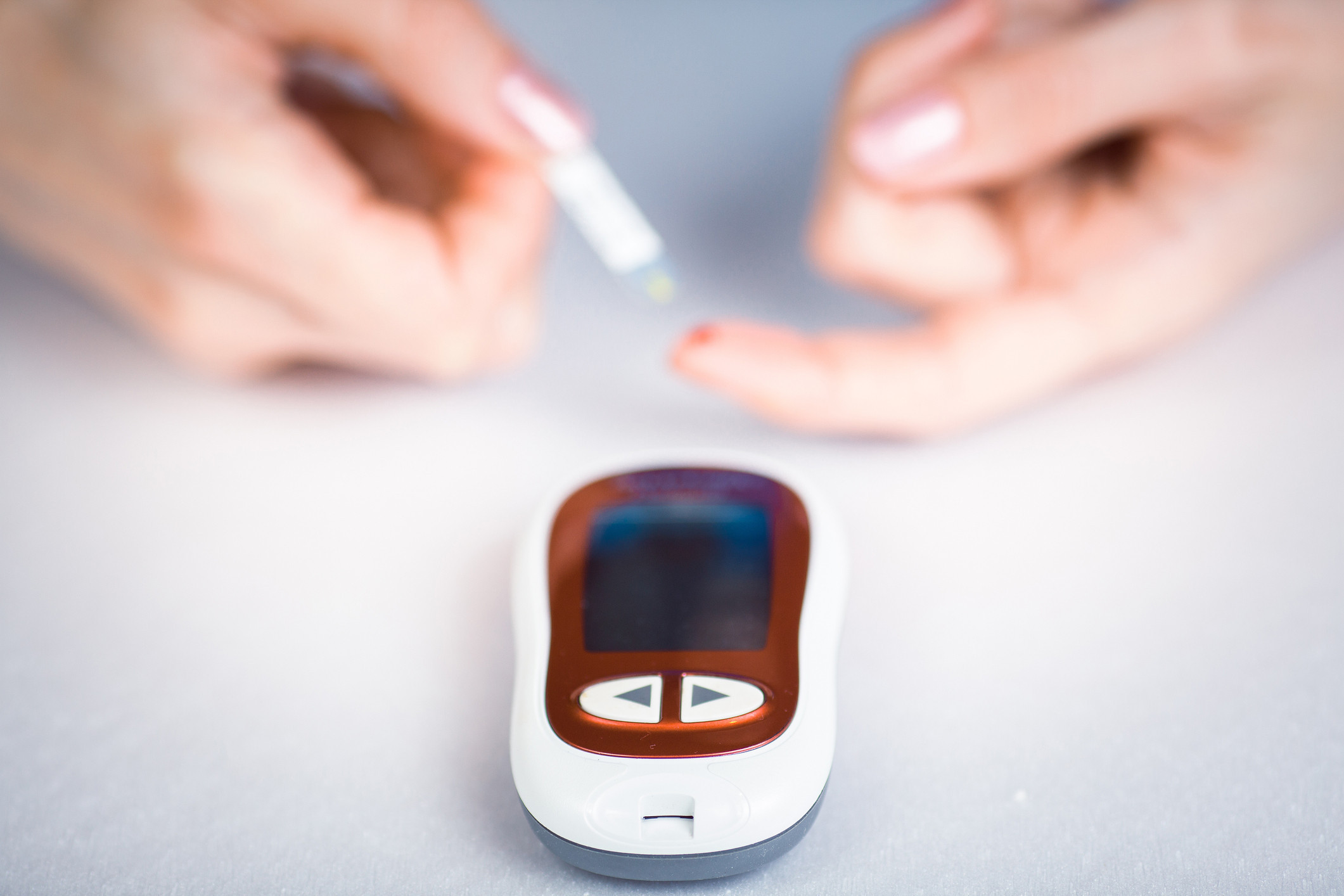
Article
- 0-15
- min
Health
Is tight blood sugar control right for older adults with diabetes...
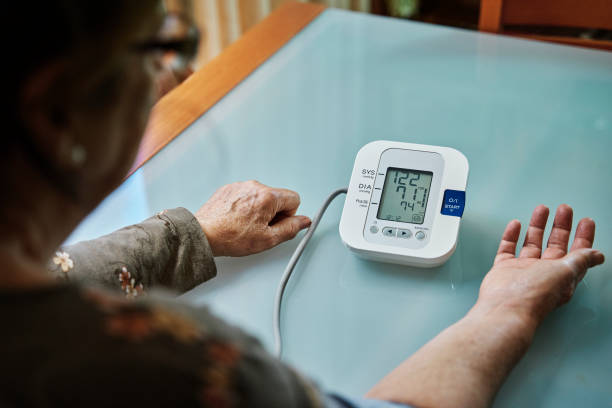
Article
- 0-15
- min
Health
High Blood Pressure Guidelines and Treatments for Seniors

Article
- 0-20
- min
Health
Cognitive Health and Older Adults

Article
- 0-20
- min
Health
Dietary Supplements for Older Adults
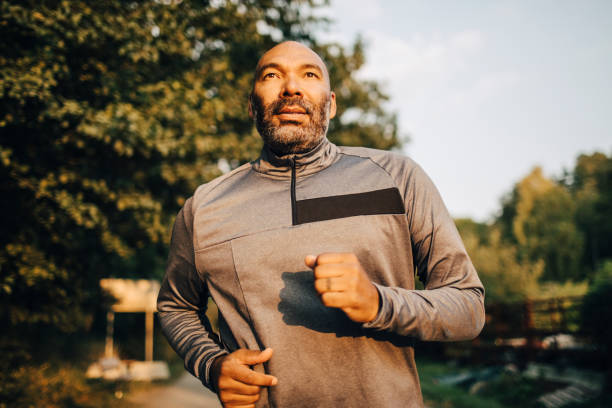
Article
- 0-20
- min
Health
Scientific Secrets to Healthy Aging

Article
- 0-15
- min
Health
Hearing Loss: A Common Problem for Older Adults

Article
- 0-20
- min
Health
Age-Related Memory Loss
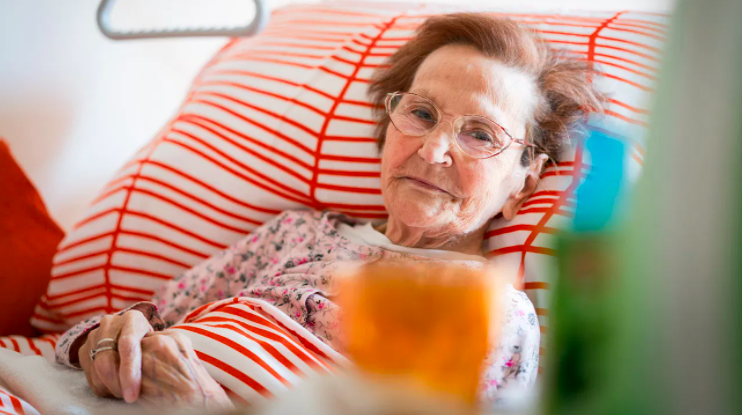
Article
- 0-20
- min
Health
What to Know About Pneumonia in Older Adults

Article
- 0-10
- min
Health
8 Early Signs of Arthritis You Should Never Ignore

Article
- 0-10
- min
Health
7 Gentle Exercises for Seniors With Arthritis

Guide
- 0-45
- min
Health
A Caregiver's Guide to Arthritis
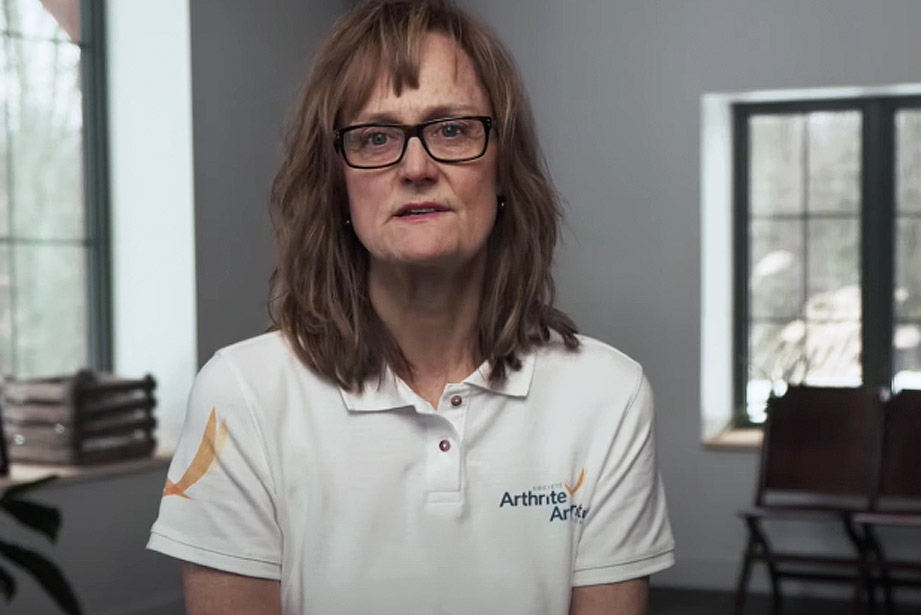
Video
- 0-4
- min
Health
Arthritis Advice - Arthritis and Caregivers

Article
- 0-15
- min
Health
A Good Night's Sleep
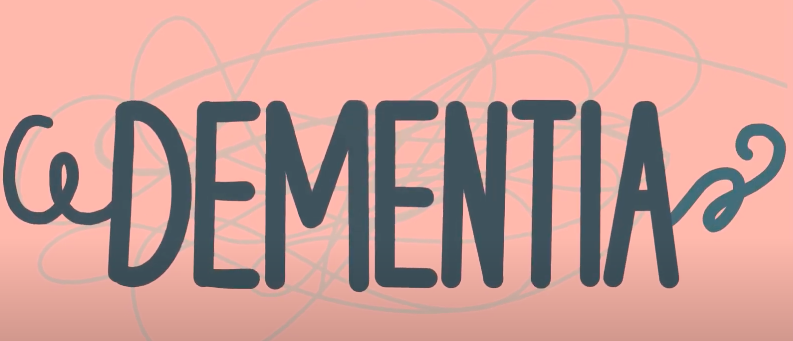
Video
- 0-5
- min
Health
Caregiver's survival guide: how to care for the Elderly

Article
- 0-5
- min
Health
5 Foods That Help You Sleep Through the Night as You Age
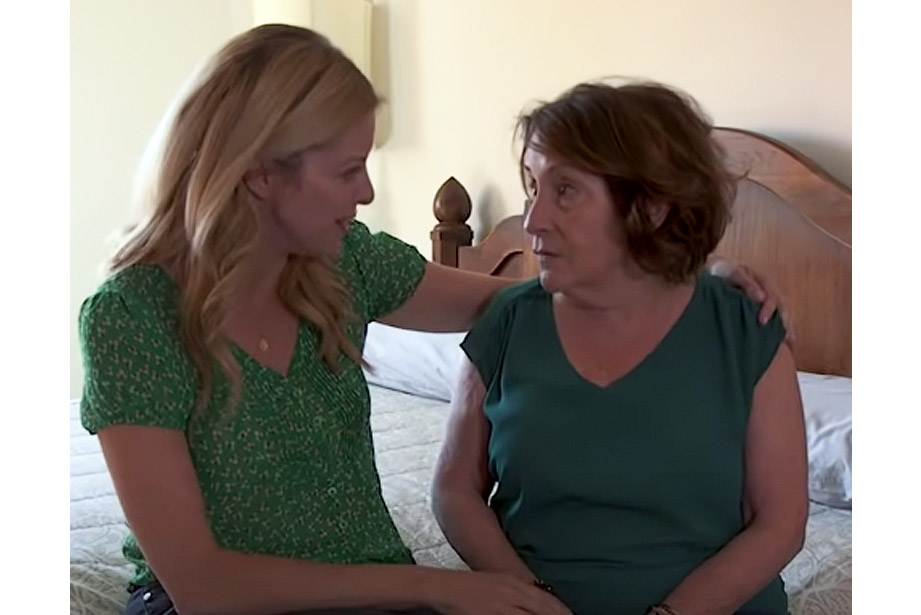
Video
- 0-6
- min
Health
Agitation and Anxiety
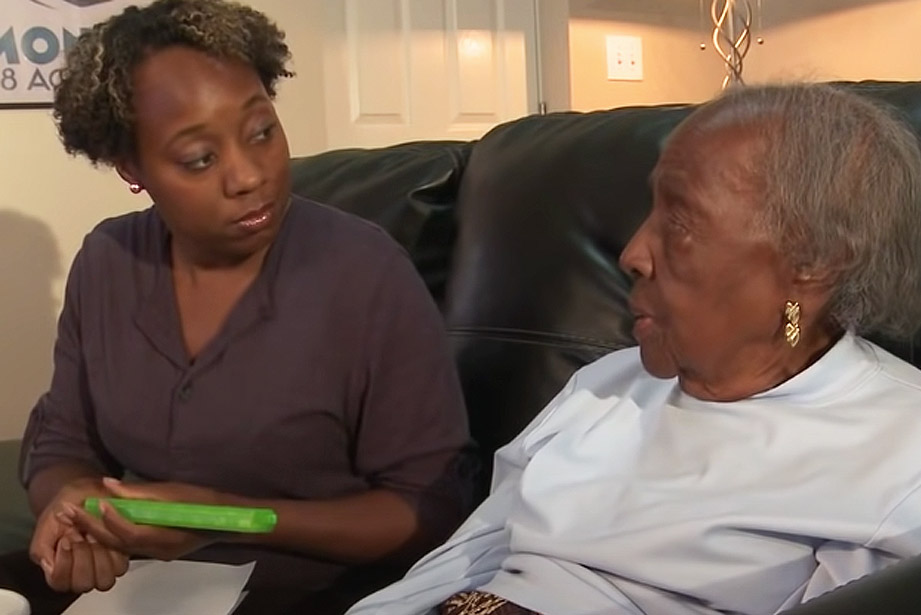
Video
- 0-4
- min
Health
Refusal to take medicines
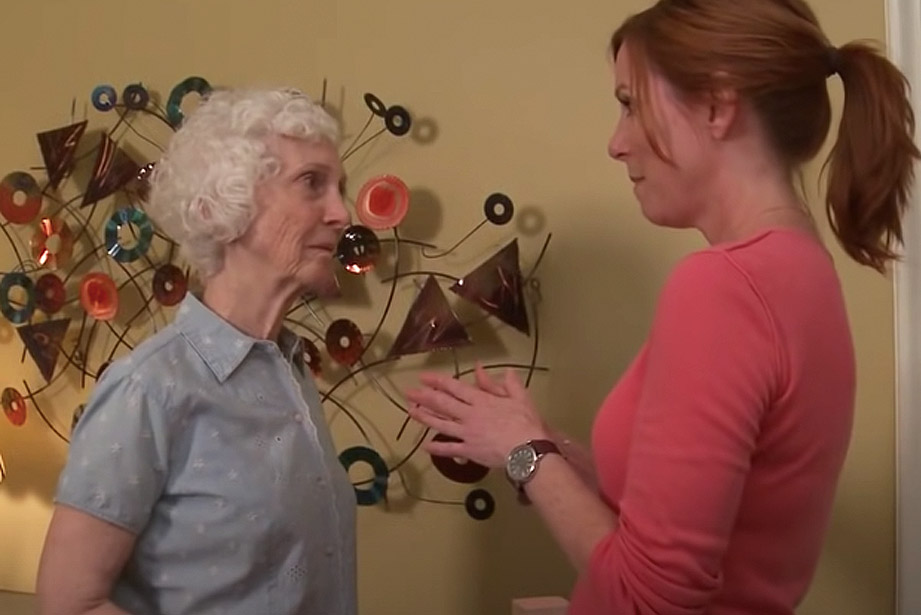
Video
- 0-5
- min
Health
Refusal to take a bath
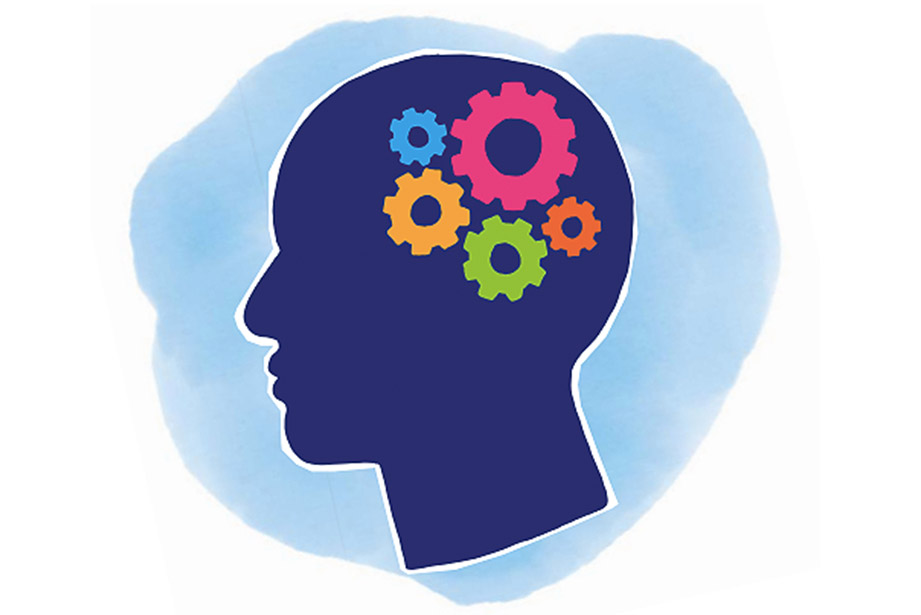
Guide
- 0-45
- min
Health
Your mind matters
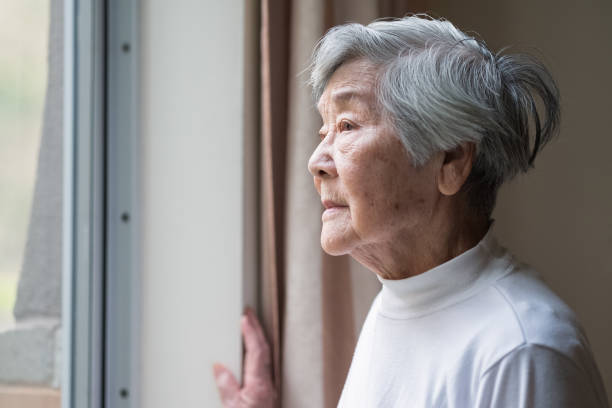
Article
- 0-5
- min
Health
Mental health of older adults

Article
- 0-5
- min
Health
Signs and Symptoms of Mental Health Issues in Elderly People

Guide
- 0-1
- hours
Health
Eating well with dementia: practical tips for family carers
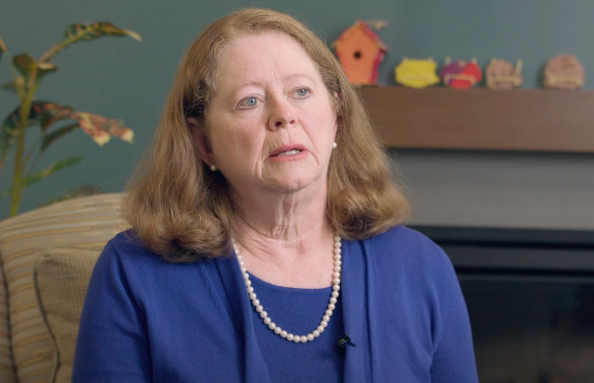
Video
- 0-11
- min
Health
The Importance of Nutrition and Signs of Malnutrition in Persons...
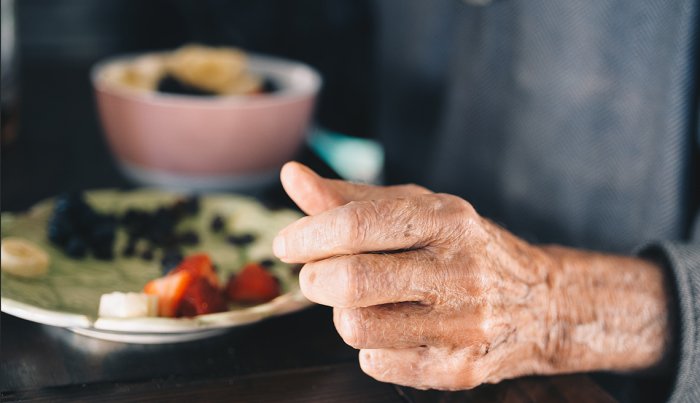
Article
- 0-10
- min
Health
Meal Appeal: Help Loved Ones with Dementia Get the Nutrition They...
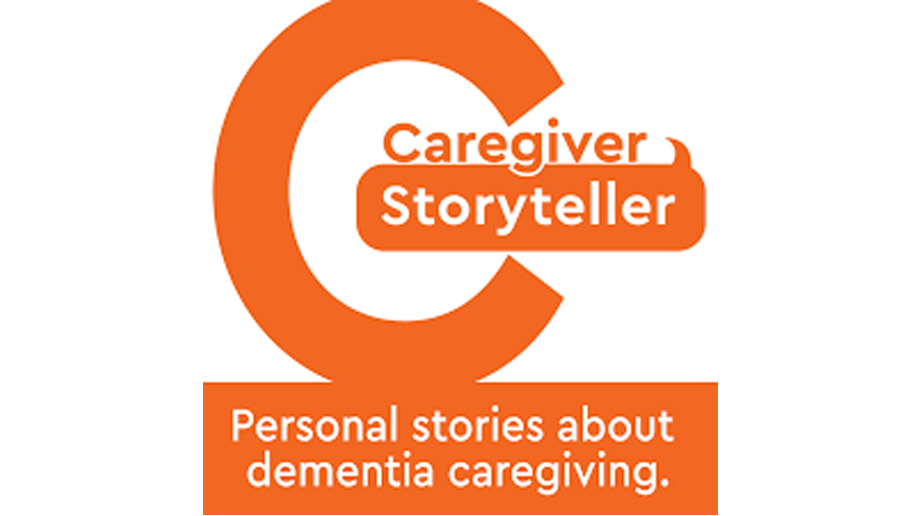
Podcast
- 0-43
- min
Health
Alzheimer's & Dementia Caregiving: You Matter
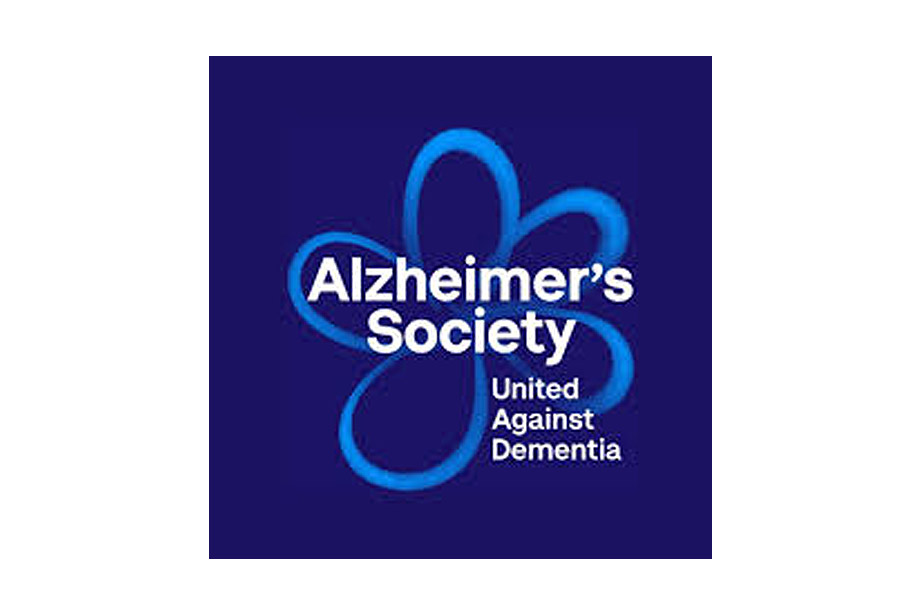
Podcast
- 0-15
- min
Health
Dementia together podcast
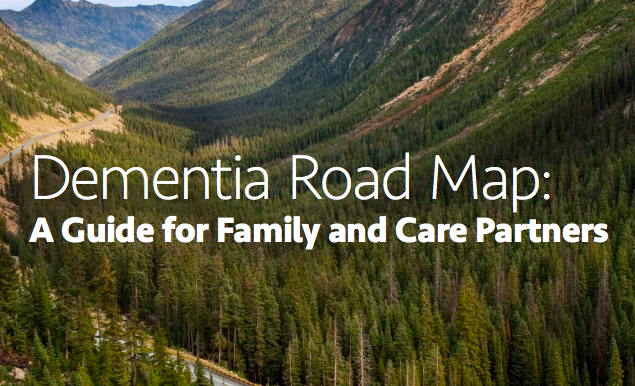
Guide
- 0-60
- min
Health
"Dementia Road Map: A Guide for Family and Care Partners"

Video
- 0-20
- min
Health
Dementia is preventable through lifestyle. Start now

Guide
- 0-60
- min
Health
Caregiver Training Videos

Article
- 0-15
- min
Health
Reducing Your Risk for Dementia

Article
- 0-10
- min
Health
What Is Dementia?
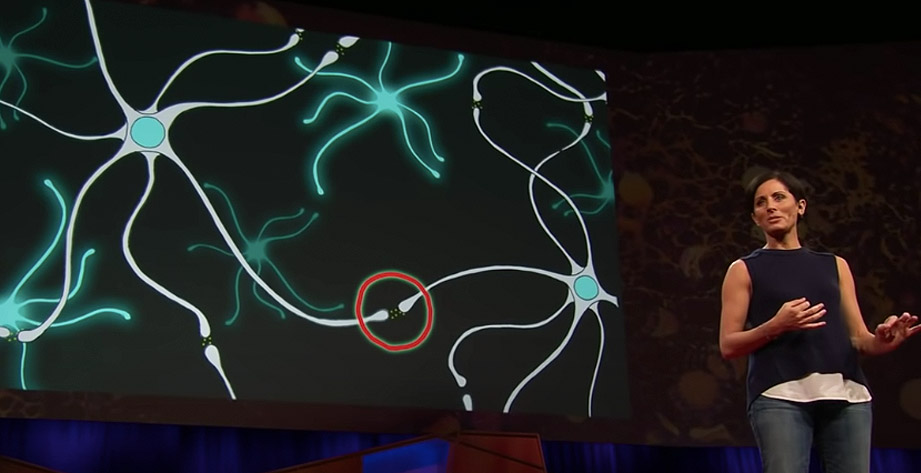
Video
- 0-14
- min
Health
What you can do to prevent Alzheimer's | Lisa Genova
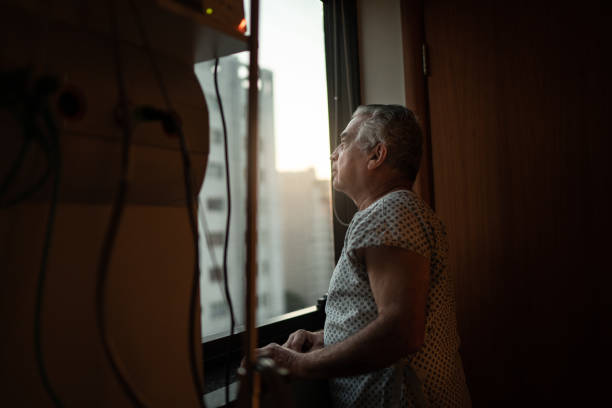
Article
- 0-15
- min
Health
Caring for a Person With Late-Stage Alzheimer's Disease

Article
- 0-10
- min
Health
Coping Strategies for Alzheimer's Disease Caregivers

Guide
- 0-20
- min
Health
How to support a person with dementia to eat and drink well?

Article
- 0-10
- min
Health
Preventing Alzheimer’s Disease and Dementia—or Slowing its Progre...

Video
- 0-17
- min
Health
Power Foods for the Brain
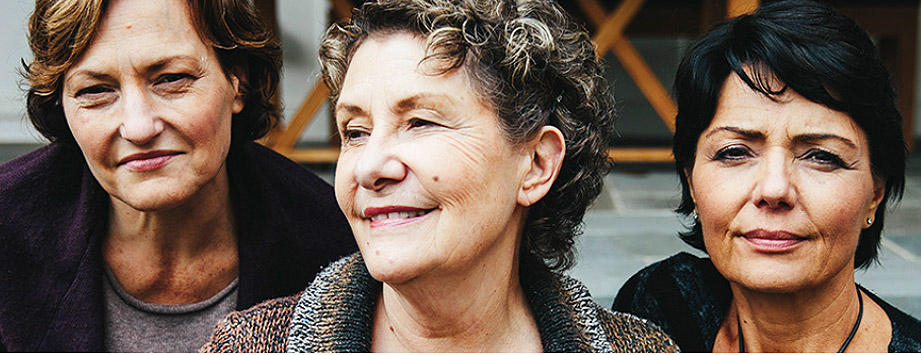
Guide
- 0-20
- min
Health
Caregiving for Alzheimer's
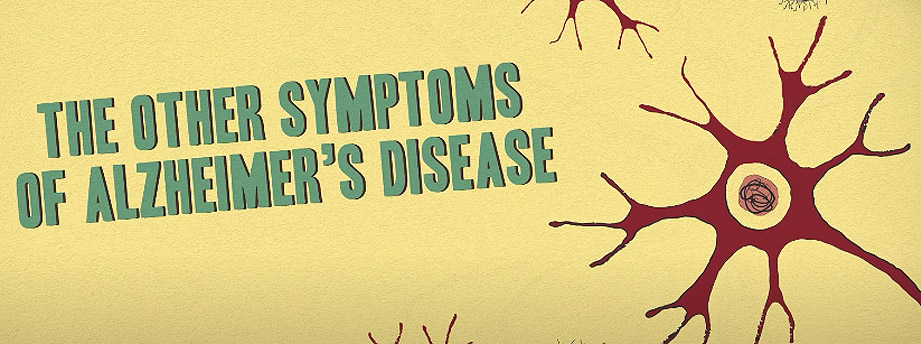
Video
- 0-5
- min
Health
The Other Symptoms of Alzheimer's Disease
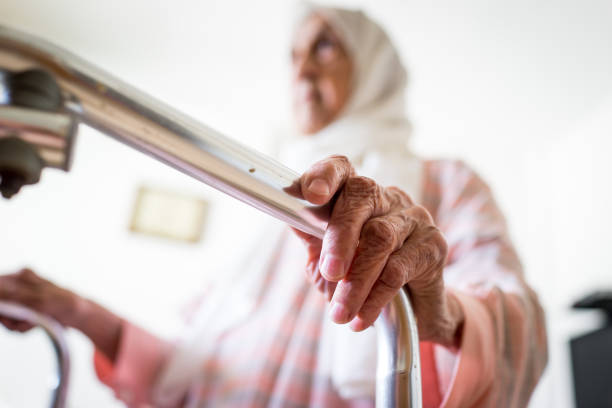
Article
- 0-10
- min
Health
Alzheimer's Disease and Exercise: Safety Tips, Activities and Mor...
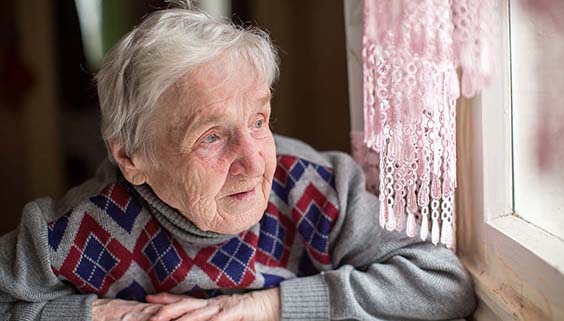
Article
- 0-5
- min
Health
What Is Alzheimer's Disease?

Toolkit
- 0-20
- min
Health
Caregiver Nutrition Education Toolkit
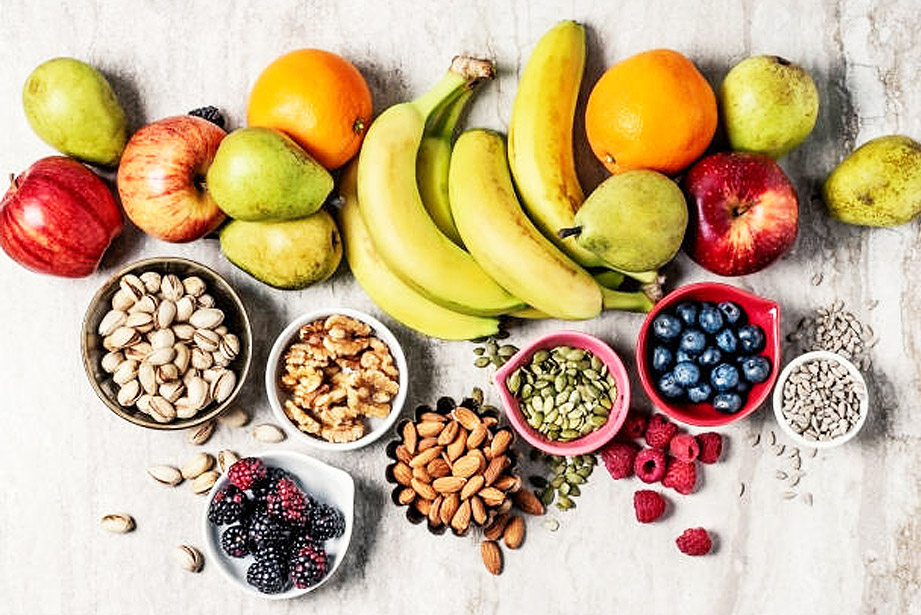
Article
- 0-10
- min
Health
9 Nutrients Older Adults Need for Nutrition and Health

Video
- 0-6
- min
Health
Healthy Aging with Nutrition

Article
- 0-15
- min
Health
Making Sense of Nutrition Advice for Seniors



